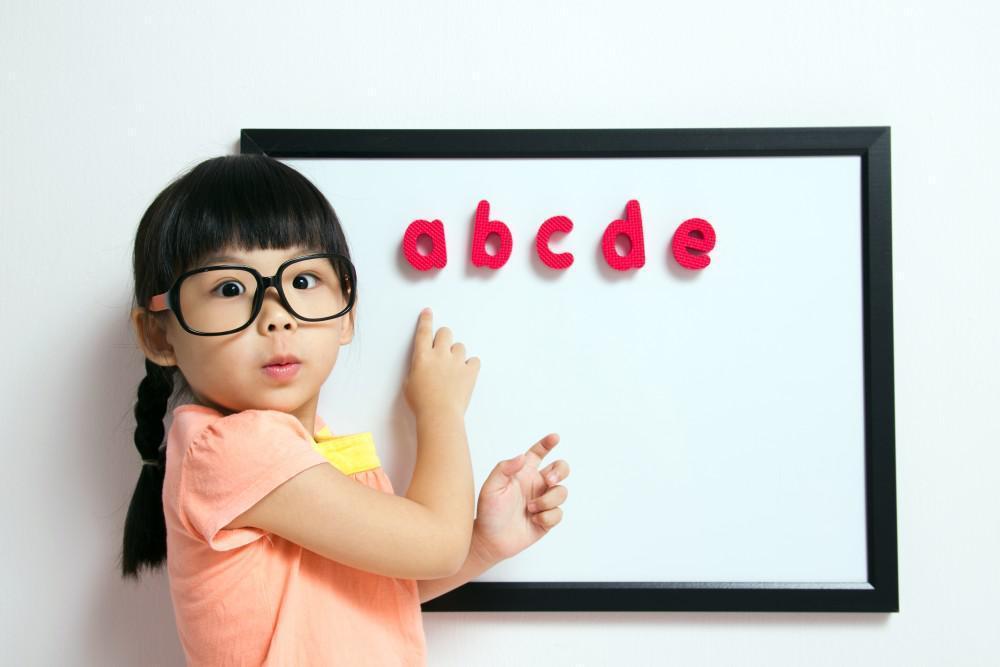
4 Causes of Speech Delays in Children

One out of five children develops speech and language at a pace that’s slower than their peers. Sometimes children overcome the delay by the time they enter kindergarten. However, a speech delay can also signal an underlying problem that needs specialized intervention.
Seeking help as early as possible goes a long way toward improving your child’s skills and supporting their ability to succeed. If you have any concerns or questions about your child’s speech development, don’t wait to meet with the caring team at THINK Neurology for Kids.
Speech delays explained
A speech delay is typically called a speech-language delay because the two go hand-in-hand. However, they represent different skills, and a child may be delayed in one or both:
Speech
Speech refers to talking and the ability to form sounds and words properly. Children with a speech delay may use words, but you have a hard time understanding them. They could also struggle to speak because they have a hard time forming words.
Language
Language encompasses communication and comprehension. It refers to a child’s ability to convey information that others understand. Children with a language delay may speak clearly but only use a few words. They may also have a hard time understanding others.
Speech-language milestones
Children have a speech-language delay when they fall behind their developmental milestones. Your child may have a speech-language delay if they:
- Can’t use gestures to communicate by 12 months
- Prefer gestures over vocalizing by 18 months
- Have trouble imitating sounds by 18 months
- Can’t understand simple verbal requests by 18 months
- Imitate speech but can’t produce words or phrases by two years
- Can’t speak to communicate their needs by two years
- Can’t follow simple directions by two years
- Have an unusual tone of voice by two years
Parents and caregivers should be able to understand half of everything their child says at two years and at least 75% of their words by their third birthday. Nearly everyone should be able to understand what a child says by the time they’re four years old.
Top causes of speech-language delays
Some children with a speech-language delay have an underlying developmental or physical problem causing the delay. In others, we can’t identify a specific reason.
Four of the most common causes of speech-language delays include:
Oral-motor problems
Speech delays often occur when there’s a problem in the areas of the brain that control the muscles responsible for speech. As a result, children may struggle to produce sounds because they can’t coordinate their lip, tongue, and jaw movement.
When the brain doesn’t communicate with facial muscles, a condition called apraxia, children can’t move the muscles needed for speech. Another oral-motor disorder, dysarthria, occurs when the muscles controlling the face, lips, and tongue are too weak to work properly.
Autism
Speech delays frequently affect children with autism. One study found that half of the 3-4-year-olds diagnosed with autism couldn’t speak at a level typical for their age. Autism spectrum disorder also affects language development in other ways.
Children with autism have difficulty communicating nonverbally, so they may not point to express their needs by 12 months.
Autism also causes another common problem for a speech-language delay: Others may not understand them because they keep repeating the same words, usually a phrase they heard in a TV show, video game, or movie.
Hearing problems or auditory processing disorder
Difficulty hearing significantly impacts your child’s ability to speak, use language, and understand others. Some children have a hearing problem called auditory processing disorder that prevents them from understanding what they hear.
Intellectual disability
Children with an intellectual disability often have widespread developmental delays affecting their speech and language and their learning, social, emotional, and physical development.
These kids may have trouble producing or pronouncing words that others can understand. They may also struggle to put sentences together or to understand language.
The most important thing to remember about a speech-language delay is that an early diagnosis and treatment make a big difference. With intensive intervention, we can target each child’s unique speech challenge and help them improve.
If you’re concerned about your child’s speech or language, call THINK Neurology for Kids or book an appointment online today.
You Might Also Enjoy...


The Stages of a Migraine and How to Minimize Their Impact

Which Type of Cerebral Palsy Does My Child Have?

Will My Child Outgrow ADHD?

The Importance of Early Intervention for Autism Spectrum Disorder


